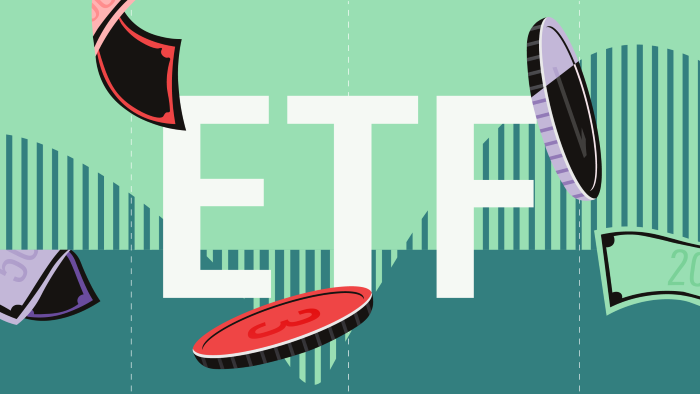Bryan Armour: BlackRock (BLK) shocked the financial world when it filed for the iShares Bitcoin Trust on June 15, becoming the most prominent filer for a spot Bitcoin ETF after years of rejection of the strategy by the U.S. Securities and Exchange Commission. The surprised filing came on the heels of the SEC's lawsuit against Coinbase (COIN) and Binance, making the timing in BlackRock's partnership with Coinbase and the filing even more odd.
Blackrock Would Make Bitcoin Legitimate
As the world's largest asset manager, BlackRock would immediately give legitimacy to the Bitcoin market in need of it. Between the SEC's crackdown in high-fee, imperfect Bitcoin ETFs currently on the market, an iShares spot Bitcoin ETF would be a welcome facelift. Whether that means investors should buy this fund should it hit the market is another question. Bitcoin is highly volatile, and its future is uncertain. There's not a fundamental value to lean on for investors, so this consideration should outweigh all others, including fund structure. Aside from investment merit, it's worth understanding where a spot Bitcoin ETF would fit in with other offerings available in the U.S. Currently, the Bitcoin ETF market is composed of three types of funds – grantor trusts, futures-based ETFs, and Bitcoin-adjacent equity funds. A spot Bitcoin ETF like the one BlackRock is proposing would create a fourth bucket because it doesn't fit in the others.
Who Are Blackrock's Competitors in the Bitcoin Space?
Currently, the largest Bitcoin offering in the U.S. is Grayscale Bitcoin Trust, ticker GBTC. It operates more like a closed-end fund than an ETF, meaning investors have faced large premiums and discounts in its price versus NAV that have nothing to do with Bitcoin. The iShares Bitcoin Trust would have continuous offerings like other ETFs, meaning authorized participants would be able to create and redeem shares at NAV at any time. This would help keep the ETF's price in line with its NAV. Grayscale currently doesn't allow redemptions. So, investors' only option is to sell at the prevailing price, which is currently heavily discounted.
How Will Blackrock's Bitcoin ETF Work?
Futures-based Bitcoin ETFs do a better job of tracking Bitcoin's price, but they also introduce other differences from holding Bitcoin. First, the intention of these funds is to hold the front month futures contracts. But futures contracts expire. Each month, the portfolio managers must roll into the next month's futures contract, often at a slightly higher price. This creates an added cost for the fund that a spot Bitcoin ETF wouldn't incur. The exchange that lists Bitcoin futures, the CME, also imposes position limits to avoid any one firm from controlling too much of the market. Should that occur, as it did in 2021 when ProShares Bitcoin Strategy ETF, ticker BITO, launched, the portfolio managers had to move further out on the futures curve by buying longer-dated futures contracts. A rule of thumb is the longer a futures contract has until expiration, the less closely it will track the asset spot market.
In terms of its ability to track the price of Bitcoin, a spot Bitcoin ETF like the one proposed by BlackRock would clearly be an upgrade over currently available options. It would likely also come with lower fees. Grayscale charges a 2% fee while BITO charges 95 basis points, and this is one cause for investors that's highly likely to improve should BlackRock's spot Bitcoin ETF come to market.
Why is Blackrock Filing a Bitcoin ETF Now?
The ultimate question is why now for BlackRock's filing? There have been over 30 past filings for spot Bitcoin ETFs, but this is BlackRock's first. Perhaps it could be due to the impending decision of Grayscale's lawsuit against the SEC about rejecting a spot Bitcoin ETF, or perhaps BlackRock thinks it has the right approach to surveillance to quell the SEC's concern over manipulation of the Bitcoin market. We will all stay tuned to find out.








.jpg)











